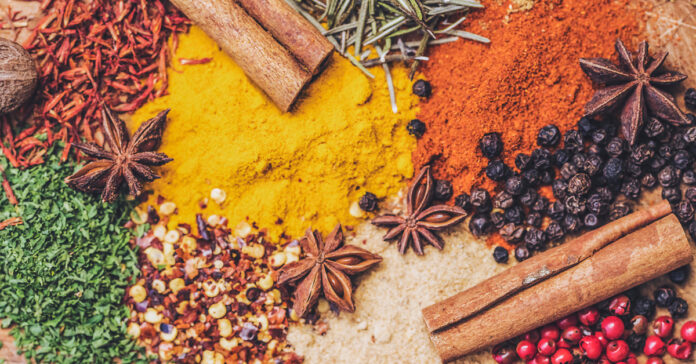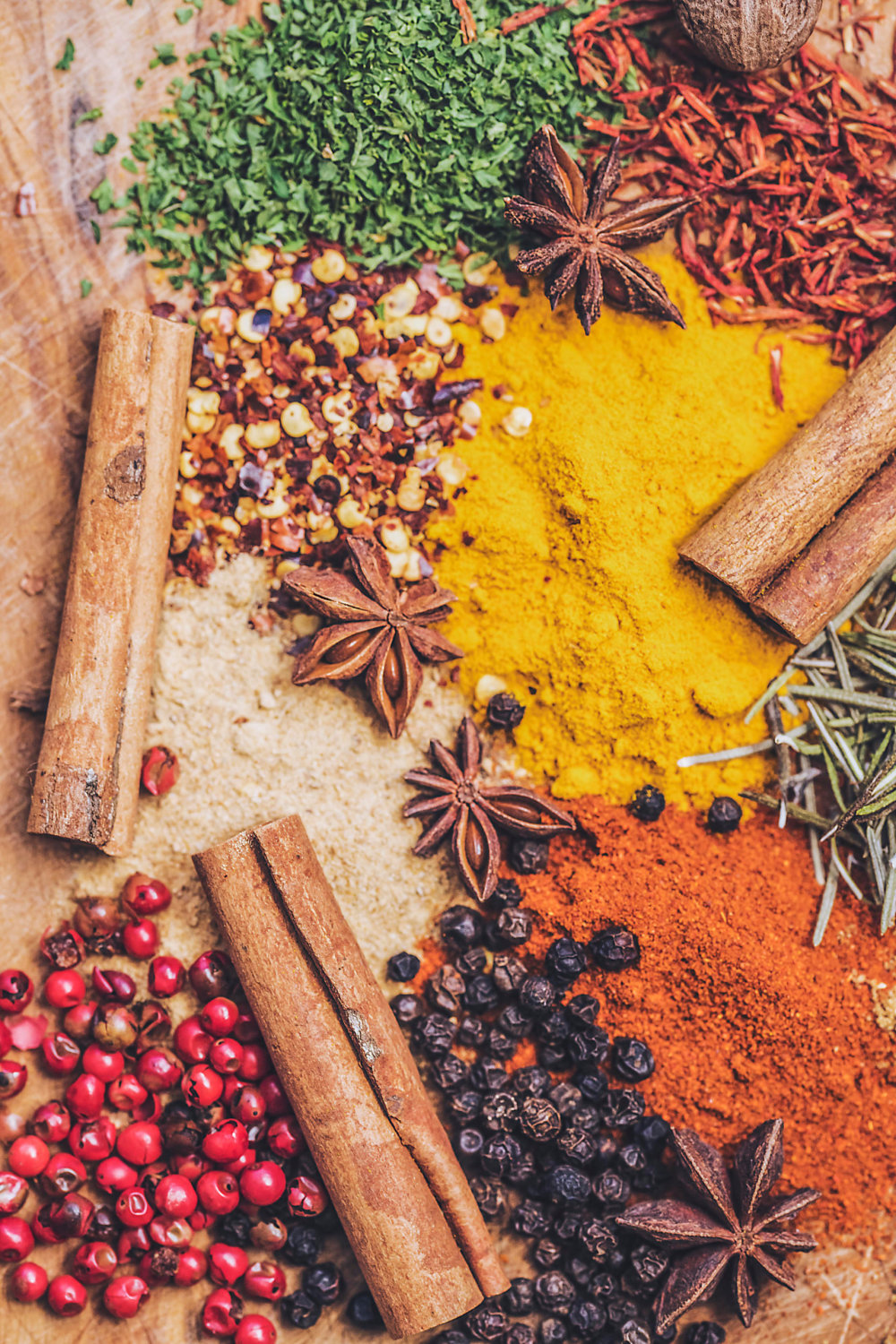
Believing that you should store what you eat and eat what you store, I had a can of the Ravioli Chili Mac for dinner last night. It was underwhelming.
I tried to think back to when I was a kid and occasionally ate things like Spaghetti-Os, mini-raviolis and beefaroni from a can. This didn’t seem to hold up to those pleasant memories.
My chief complaint is that it was watery. The chili was thin and the noodle soggy. The chili flavor was present, but not as prominent as it would be if you opened a can of chili. My guess is it is designed for a child’s pallet and they don’t want it to be too spicey,
Had it always been that way, or have the recipes changed in the past 50 years? Perhaps I have become spoiled by my wife’s cooking.
But at 42 cents per can, who can argue?
Making Your Own
I guess the easiest way to make your own chili mac would be to heat a can of chili, preferably without beans, and add some cooked macaroni elbows. Both are present in my prepper pantry significant numbers. This would allow me to cook the past as firm or soft as I like it and assure myself of a good, spicy chili.
To step it up, you could make your own chili. In a survival situation, your ground meat might be a can of beef or meat from some small critter you trapped or shot with a .22. The chili powder would cover up any off flavor and perhaps please people who are squeamish about what animals they eating. Me? I’d just be happy for the protein.
I believe the reason chili mac exists is that the inexpensive macaroni elbows allow you to extend the meal to serve more people and/or bump up its calories. If you have limited amounts of meat, you have to use meat as an ingredient in your appetizer, rather than your appetizer. So chili mac is an alternative to spaghetti and meatballs.
Of course, to make your own, you need plenty of spices.
Spices
We have two big boxes of spices in our prepper pantry, as well as dozens of pouches of seasoning, such as taco seasoning and chili seasoning. After doing a recent inventory, my wife added chili powder, cinnamon, oregano, and basil to our Sam’s Club list. When we buy spices, we buy the big containers, not the grocery-store size.
Spices are important in a long-term survival situation because they can help you transform “boring” long term storage foods like rice and beans into a variety of dishes. Maybe Mexican one day, a nice curry the next, then some Italian. If you doubt the value of spices, just remember that for centuries, international trade was all about spices. Even Columbus discovering America was driven by the search for a faster way to get spices. Their value will grow when their supply disappears.
Many spices don’t grow in this country, but you can have an herb garden. Fresh herbs are a good way to add some flavor to your meals. We can also grow peppers, onions, garlic and other flavor-enhancers in our gardens. Of course, you should start now, before you need them.
Salt
Spices are also important for preserving food, from making sausages to pickles to ham. None are more important than salt, which has been used in food preservation for centuries. While I bet most of us have a pound or two of salt in our pantries, you should have pickling salt stored for food preservation.
Salt is also critical to preserving life, which is why athletes drink electrolytes. Most table salts contain tiny amounts of iodine, an essential trace mineral.
If you have livestock, remember to store some salt licks. They need their trace minerals, too.








